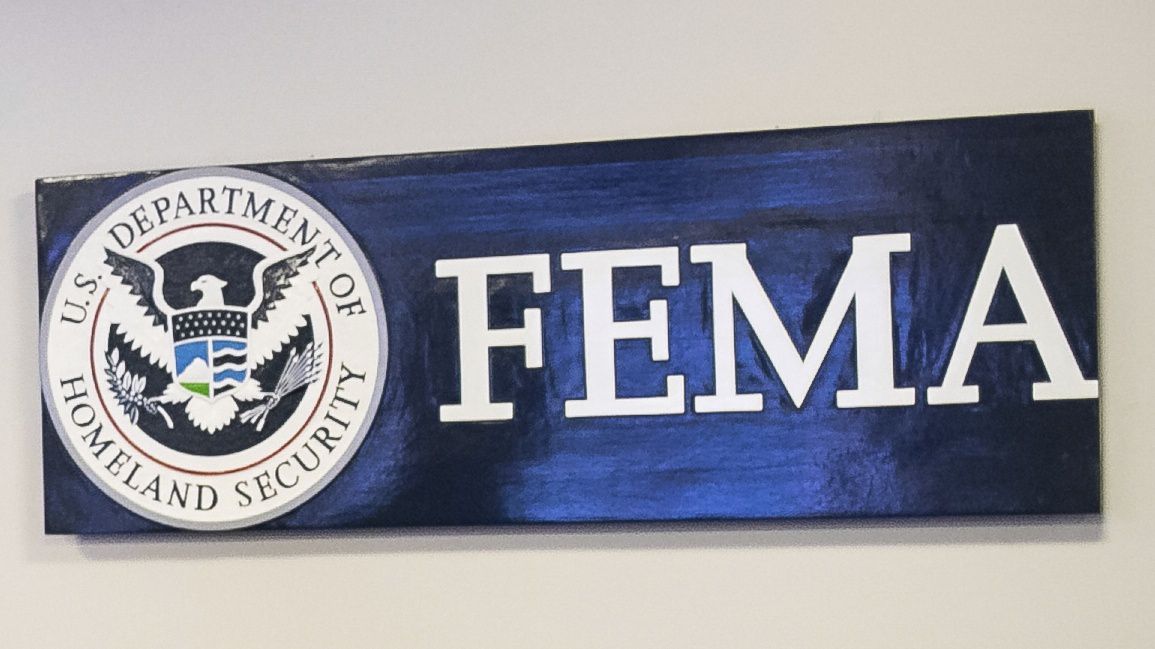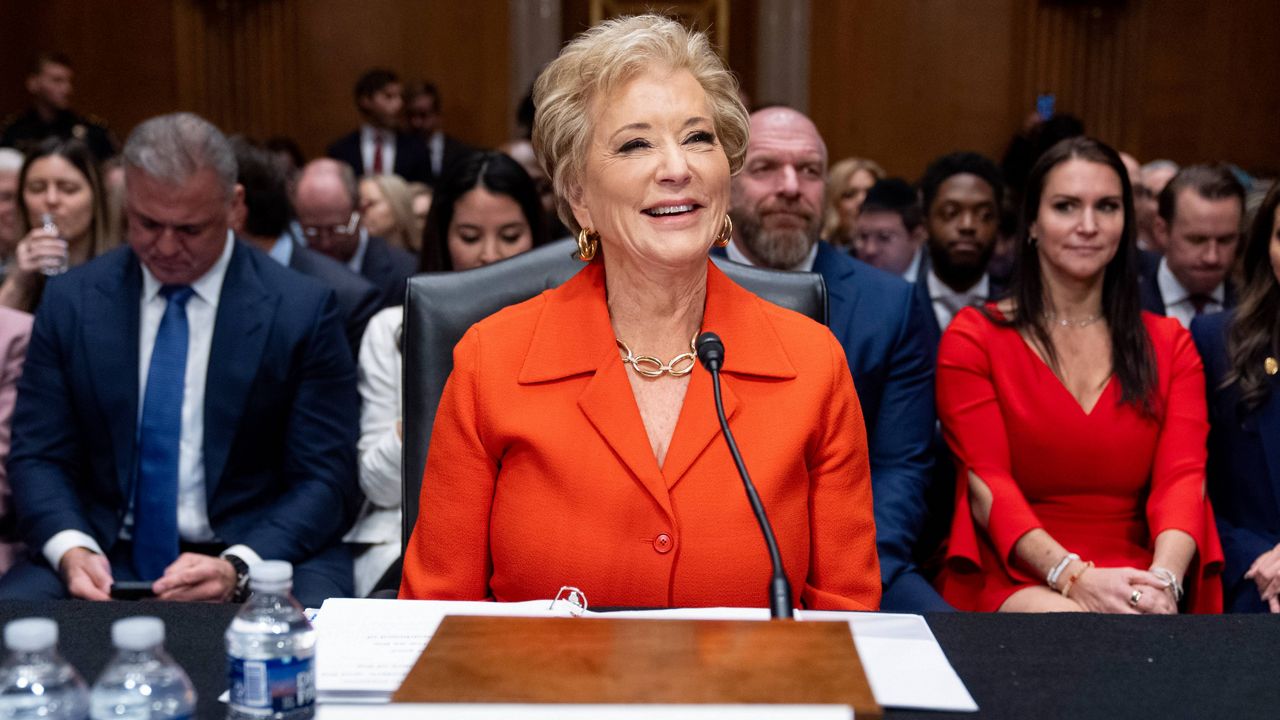WASHINGTON — A dozen senators representing states in the Northeast wrote to President Donald Trump seeking information on reports his administration is considering shuttering the Federal Emergency Management Agency regional office in their area.
The lawmakers warned against any potential consolidation of such offices, which comes as Trump has pledged a major shake-up – and potentially a complete elimination – of the agency tasked with leading the on-the-ground federal response to natural disasters across the country.
In the letter sent this week, the 12 senators representing Connecticut, Maine, Massachusetts, New Hampshire, Rhode Island and Vermont – a group that includes 11 Democrats and one Republican, Sen. Susan Collins of Maine – argued that FEMA regional offices offer “critical, on-the-ground assistance to disaster-affected communities.” FEMA has 10 regional offices assigned to specific states based on geographical areas of the country.
”FEMA must be improved to benefit recovering communities, but regional office consolidations will leave state, local, and tribal governments stranded when disaster strikes, and make federal disaster assistance less effective in the long term,” the senators wrote. “In the wake of a disaster, our communities should not be forced to navigate critical federal disaster assistance programs with only the limited counsel of staff far removed from conditions on the ground.”
The group made the case that the FEMA office in Region 1, which encompasses the six states represented by the senators, has developed an “intimate familiarity” with the area and its specific need after a disaster.
“Any attempt to shutter Region 1 or subsume it into a larger entity will squander that expertise, gained over years of experience navigating increasingly frequent disasters in the region, and materially degrade service in our states,” they wrote.
Trump has been highly critical of FEMA, arguing states should take the lead in responding to events like wildfires, hurricanes, earthquakes and more. He vowed on a trip during his first week in office in which he surveyed damage from a brutal recent hurricane in North Carolina to overhaul the disaster agency and potentially get rid of it altogether.
“I'll also be signing an executive order to begin the process of fundamentally reforming and overhauling FEMA, or maybe getting rid of FEMA,” Trump said at the time. “I think, frankly, FEMA is not good.”
Homeland Security Secretary Kristi Noem, whose department includes FEMA, reiterated such an intent during a Cabinet meeting last month in which she said, “We're going to eliminate FEMA.”
Noem as well as Senior Official Performing the Duties of FEMA Administrator Cameron Hamilton were copied on the senators’ letter.
In the weeks since the president’s visit to North Carolina, he has taken a handful of specific actions regarding the agency, although any major moves toward a complete dismantling have not been publicly evident.
He signed an executive order in January, creating a council to evaluate FEMA’s response to disasters around the country and recommend potential reforms, but as Spectrum News has reported, the status of the council is not clear. In the order, the council is tasked with holding a public meeting within the first 90 days, a deadline that falls later this month. It would then need to submit a report to the president within 180 days of its first meeting.
Last month, the president appeared to move toward shifting more power to states, signing a separate order designed to boost the nation’s ability to prepare for and respond to threats like cyber attacks and natural disasters by streamlining the federal government’s role and giving states and local jurisdictions more control.
Meanwhile, last week, FEMA announced it was ending the Building Resilient Infrastructure and Communities program. The North Carolina Department of Emergency Management told Spectrum News this week that such a move could result in the loss of about $184 million for the state. New York Gov. Kathy Hochul, meanwhile, said in a press release that the end of the program would cost her state about $325 million.








